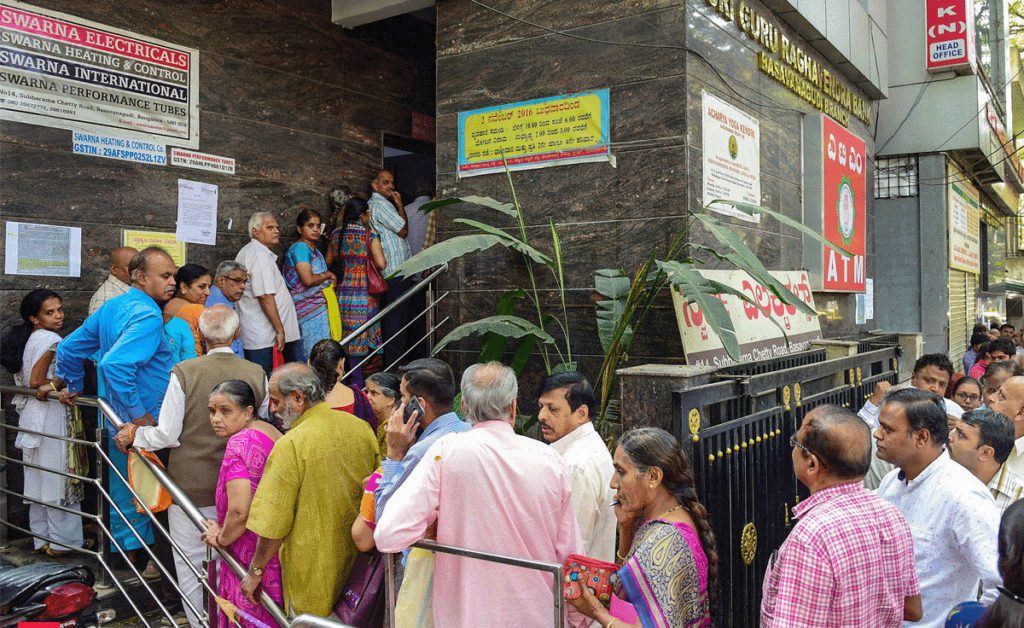Karnataka-based Sri Guru Raghavendra Sahakara Bank has submitted an Expression of Interest (EOI) for its reconstruction to the Reserve Bank of India. An Expression of Interest (EOI) had been placed in the Annual General Meeting held last week and it was unanimously passed by the shareholders.
The Annual General Meeting was presided over by Administrator, R Ashokan and attended by scores of members. Now it has been sent to the Reserve Bank of India for further action, said an official of the bank.
Meanwhile, Karnataka State Souhrada Federal Cooperative President Krishna Reddy met Member of Parliament for Bengaluru South Lok Sabha Constituency Tejasvi Surya in Bangalore and urged him to expedite the process.
Many depositors launched a campaign on social media to get their hard-earned money back. One of the users wrote, Does the Union government have the guts to punish the culprits and get back the money of the depositors? Are deposits more than 5 lakhs not safe in banks? When will the scam be resolved?”
“What about depositors having deposits of above 5 Lakhs? Are you leaving them to the mercy of their fate? People who created the scam go scot-free and innocent depositors are suffering”, another user wrote.
In a notification released on 11th May 2022, the Reserve Bank of India (RBI) has extended the validity of its Directions to Sri Guru Raghavendra Sahakara Bank Niyamitha for a further period of six months, from May 11, 2022, to November 10, 2022, subject to review.
Readers would recall that over 40k depositors were affected by the scam busted in the bank two years ago. Out of 40k depositors around 30k have got their money back from the Deposit Insurance and Credit Guarantee Corporation (DICGC). And over 9700 depositors are yet to get their money back.
In the month of February this year, the Enforcement Directorate (ED) arrested the former president of Sri Guru Raghavendra Sahakara Bank Niyamitha, K Ramakrishna, under the Prevention of Money Laundering Act, 2002 in connection with the misappropriation of public deposits to the tune of over Rs 1,000 crore.
